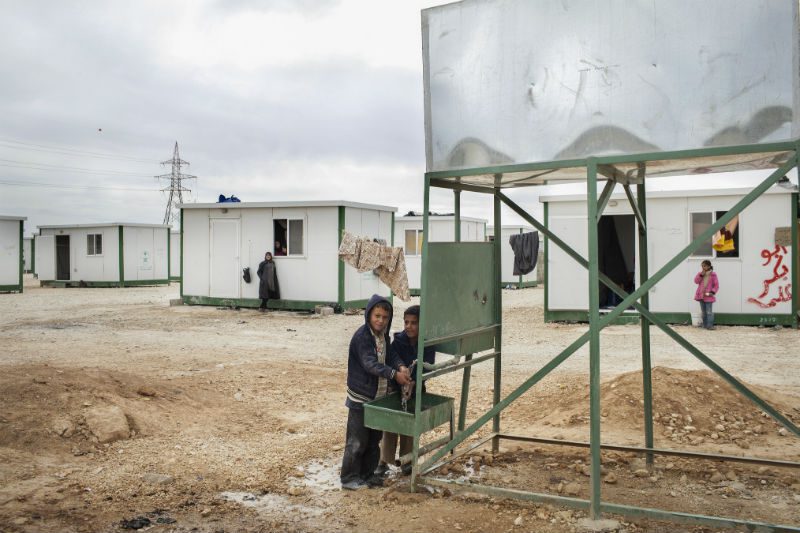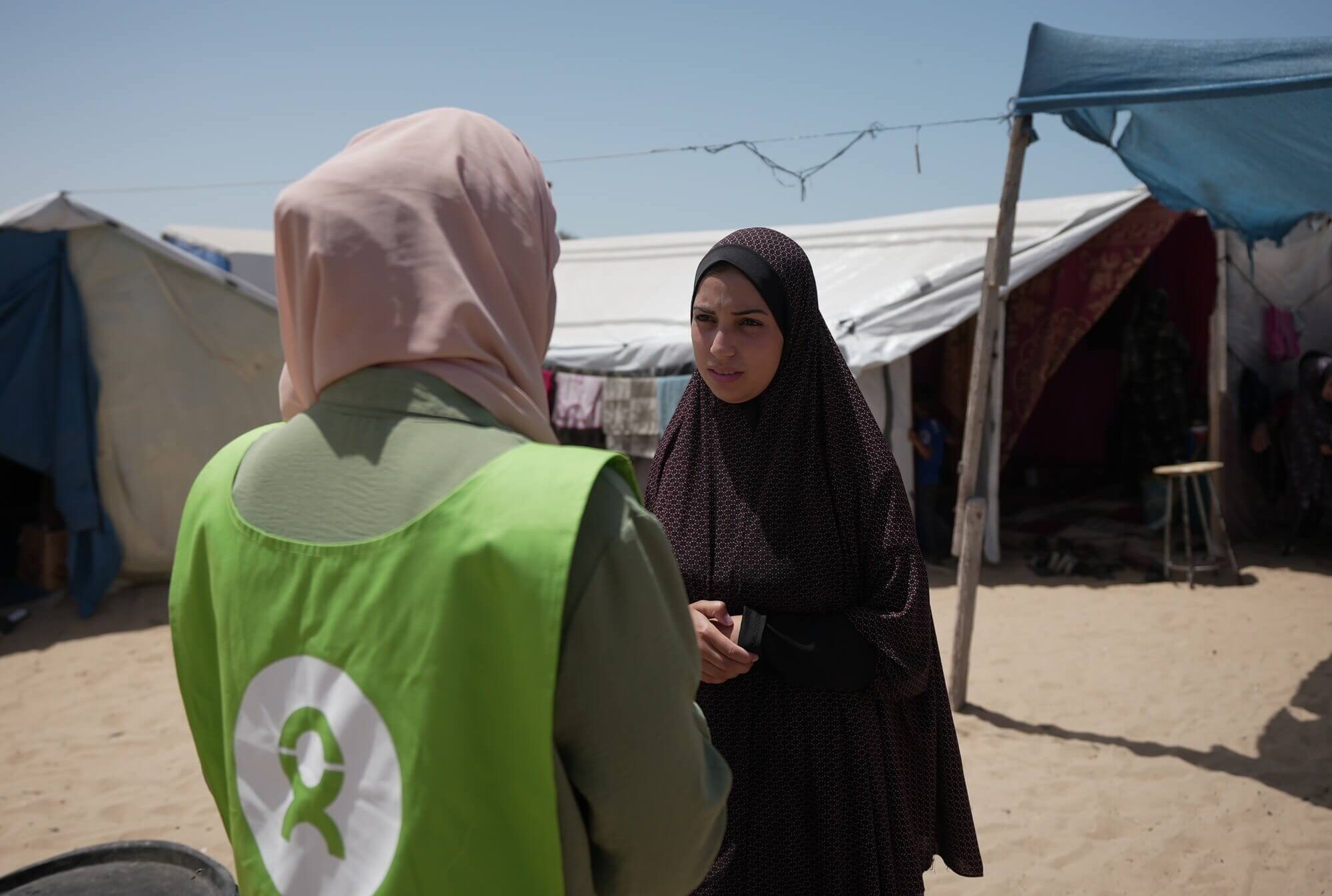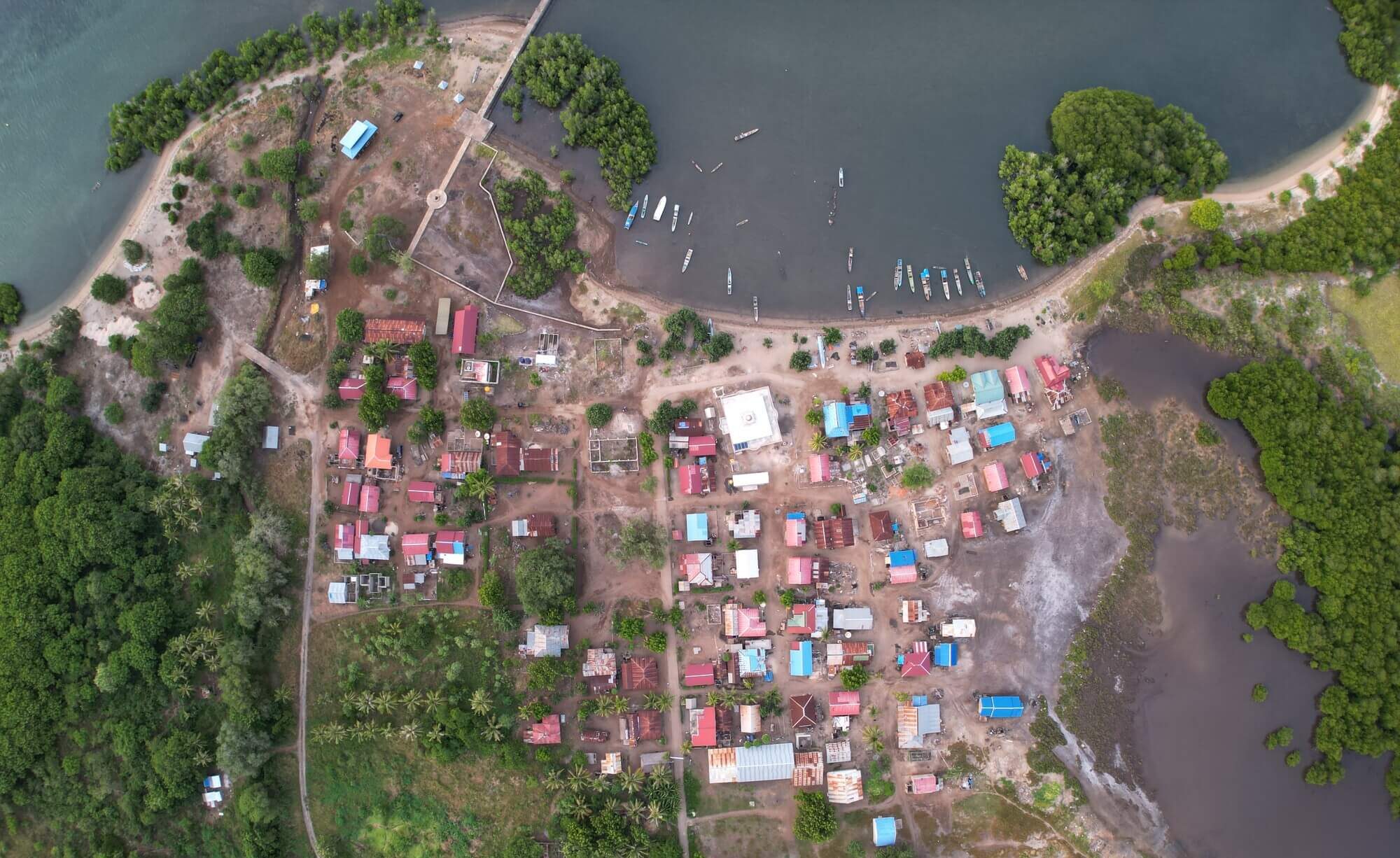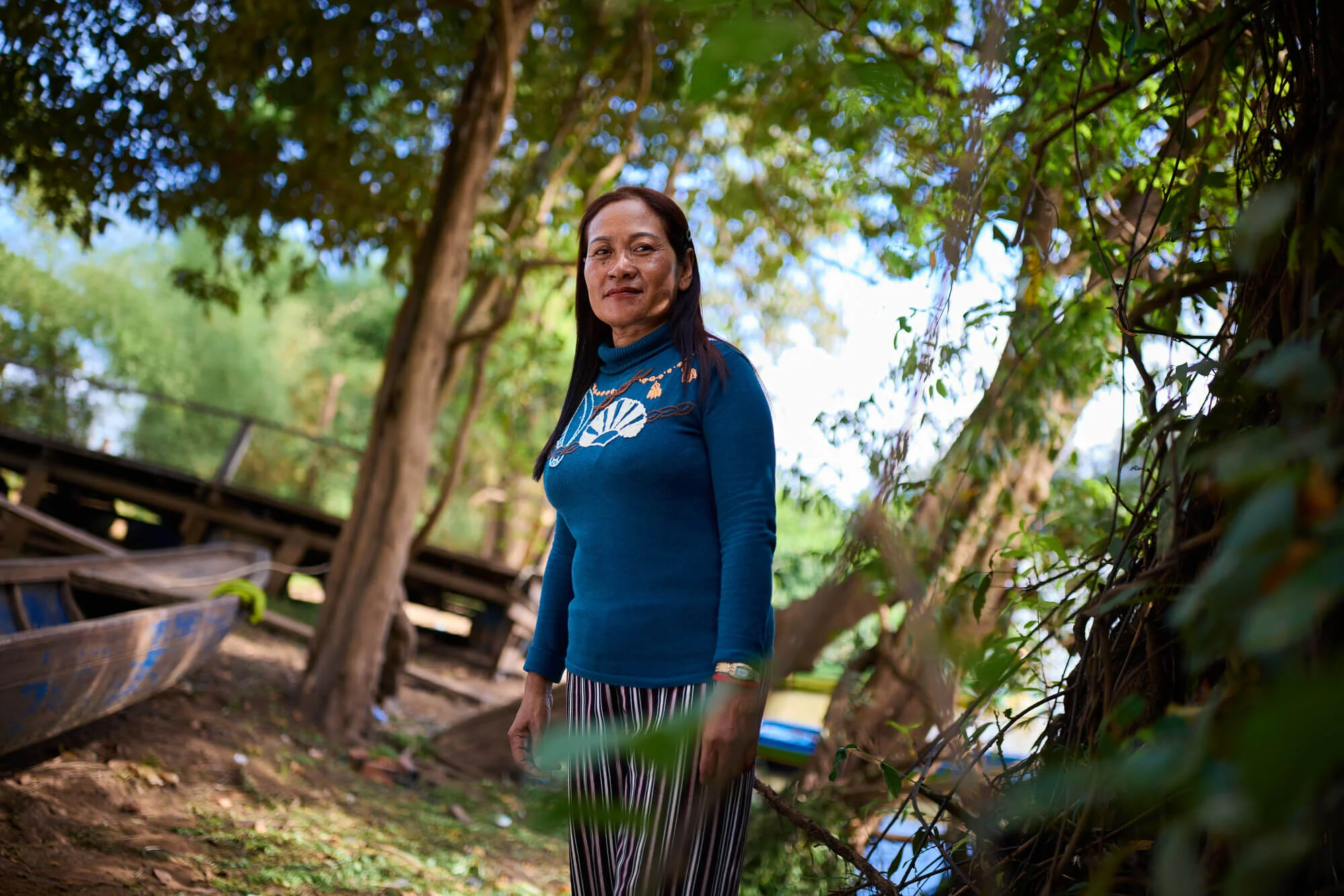Alexandra Saieh, Oxfam’s policy officer for our Syria crisis response in Jordan, reflects on our recent research on the perceptions of displaced Syrians living in Jordan.
What does it feel like to be a refugee, forced to flee to an unfamiliar country and dependent on humanitarian assistance to survive? How do you know where to turn, who to trust for accurate information and how to meet the basic needs of your family?
To better understand the ways in which Syrian refugees in Jordan experience the international humanitarian response, we commissioned a research project on refugee perceptions.
The aim? To improve service delivery and communication with refugees and ensure the voices of those affected by the crisis help to shape the humanitarian response now and in the future.
50% of the study’s respondents reported difficulties in accessing basic services.
Jordan has become home to nearly 600,000 registered refugees fleeing the brutal conflict in Syria. The strain on Jordan’s infrastructure and public services is showing.
While media reports often relay crowded images from Za’atari camp, 80% of the refugees who have crossed the border are living in host communities outside refugee camps. Syrian refugees living around cities and villages are not legally permitted to work and therefore reliant on humanitarian assistance.
Numerous governmental and UN agencies, as well as international and local NGOs are providing humanitarian relief in an attempt to alleviate the suffering of refugees and strengthen the resilience of host communities in Jordan. Despite this, the study showed the following.
Key findings:
- 50% of the study’s respondents in both Za’atari refugee camp and in urban-based host communities, as well as informal tented settlements, reported difficulties in accessing basic services.
- In Za’atari refugee camp, a striking 74% of the study’s respondents identified distance as a barrier to accessing services. This may sound strange when thinking about refugees concentrated into one area, but recent estimates now place Za’atari as Jordan’s fourth largest city with between 80,000 and 120,000 residents.
- Another 25% of respondents said that lack of knowledge or information of the services prevented them from receiving aid. In the host communities too, distance and lack of knowledge of services are also cited as factors for the lack of access to quality medical, educational and nutritional services.
The study also indicated that a vast number of respondents relied on word of mouth for information on services, making beneficiaries vulnerable to rumours, manipulation of information, and general gaps in communication.
Our report lists a number of recommendations aimed at strengthening service provision to the Government of Jordan, donors, UN agencies and NGOs operating in the country.
For example, the UN and NGO actors must develop better ways to receive and incorporate feedback from beneficiaries and be attentive to gender-based mobility restrictions by conducting more home visits, recruiting more female field staff and targeting women when disseminating information about services.
The daily lives of Syrians have changed dramatically; the lifestyles and traditions that defined their identities have changed.
Oxfam is actively working to incorporate these recommendations into our current programming. To improve communities’ knowledge of the range of services in different sectors, we are distributing leaflets with information on other service providers, specifically targeting Syrian refugee peer groups and volunteers.
Legal entitlements were another area where respondents to the survey indicated they lacked information. Oxfam is now working with local partner, Arab Renaissance for Democracy and Development, to hold awareness sessions on legal rights of refugees in Jordan.
The daily lives of Syrians have changed dramatically; the lifestyles and traditions that defined their identities have changed due to displacement. As a result they are dealing with increased emotional and psychological stress.
While the crisis shows no signs of abating, it is essential that refugees are aware of their rights and the services available to them in Jordan if they are to live in dignity.
Donate urgently to the Syrian crisis and support millions in need of aid




